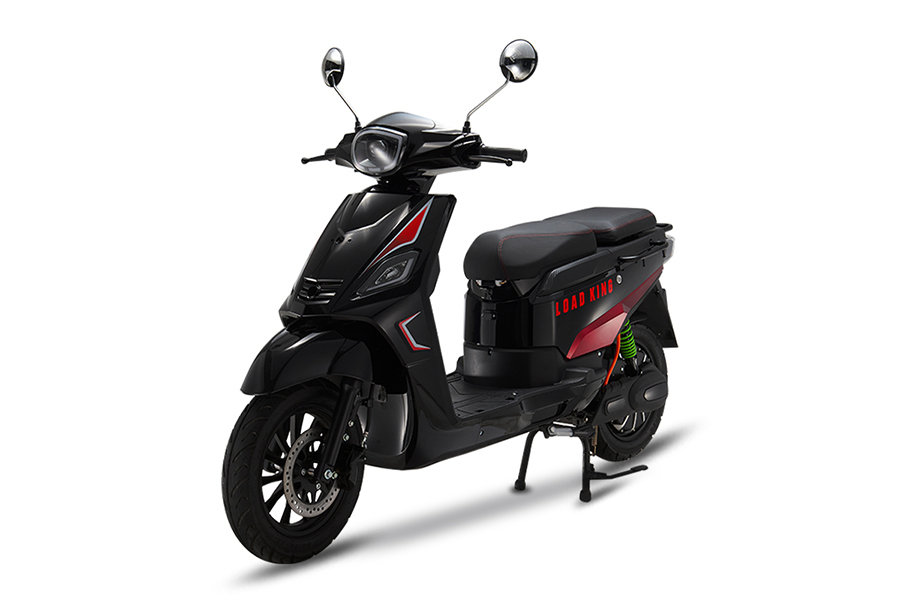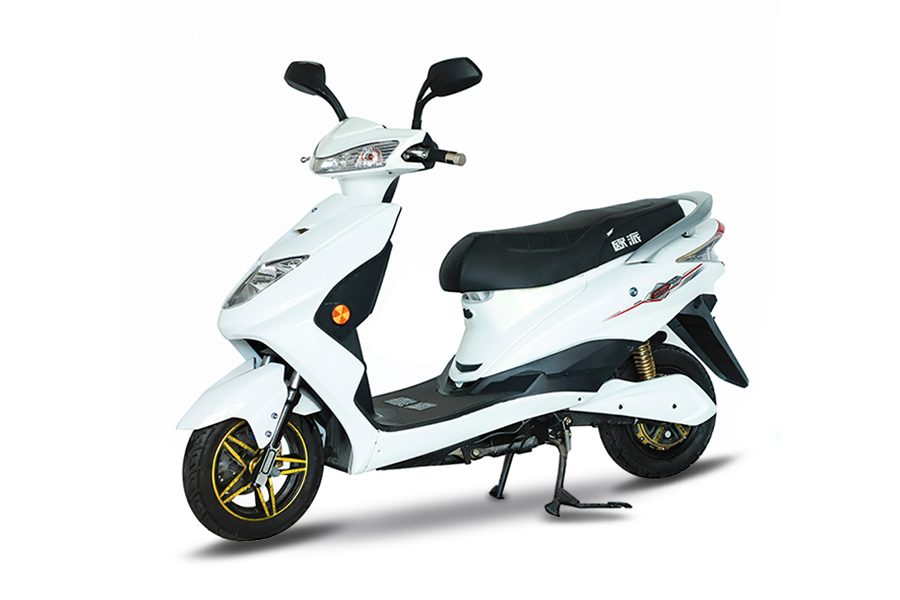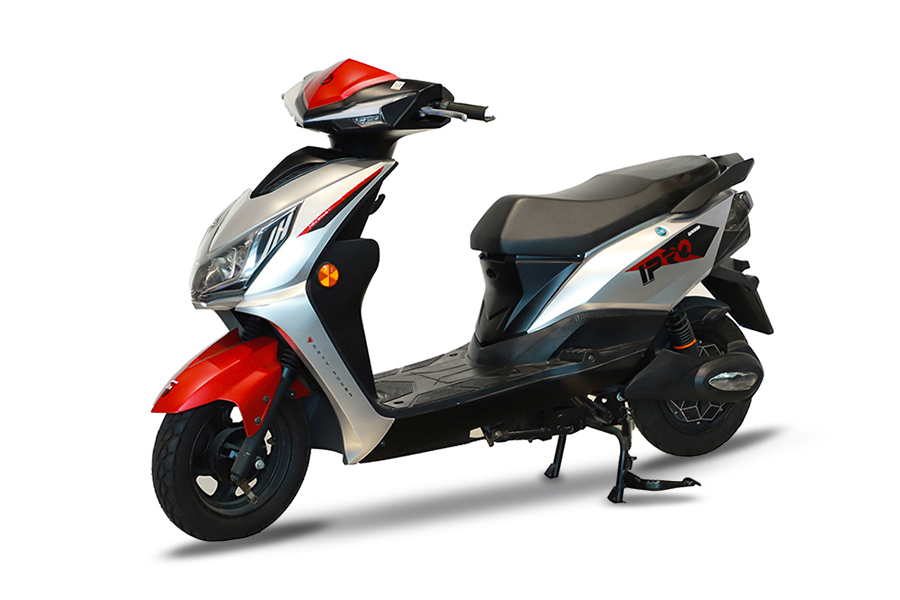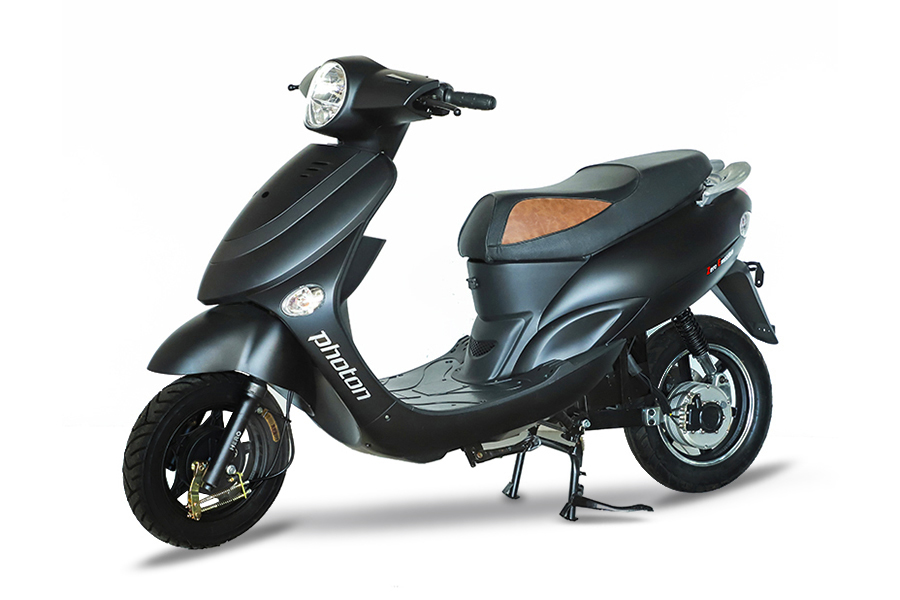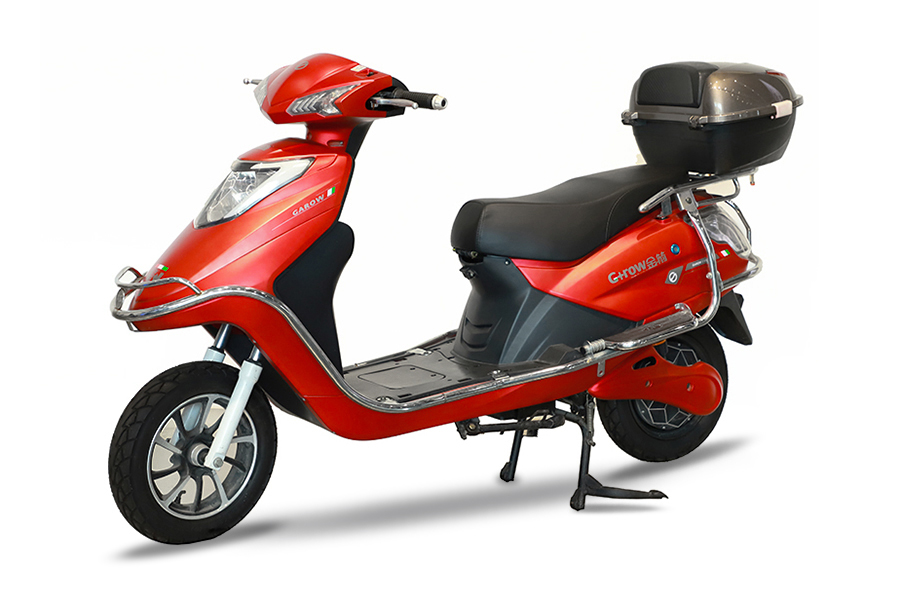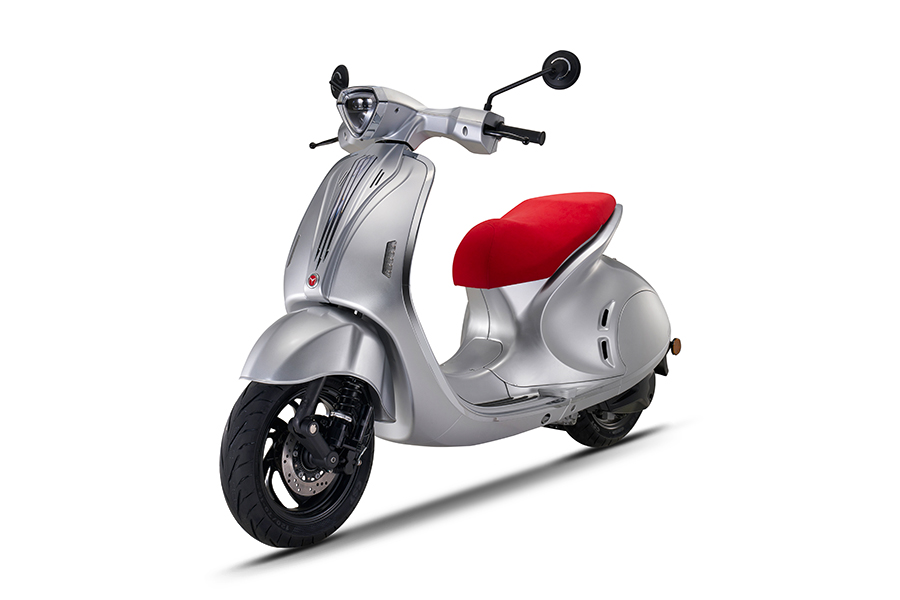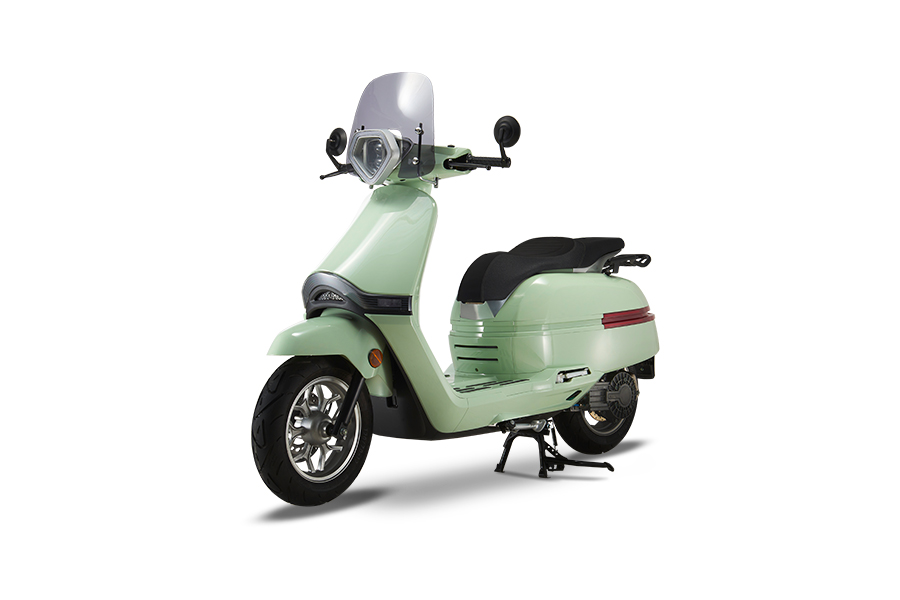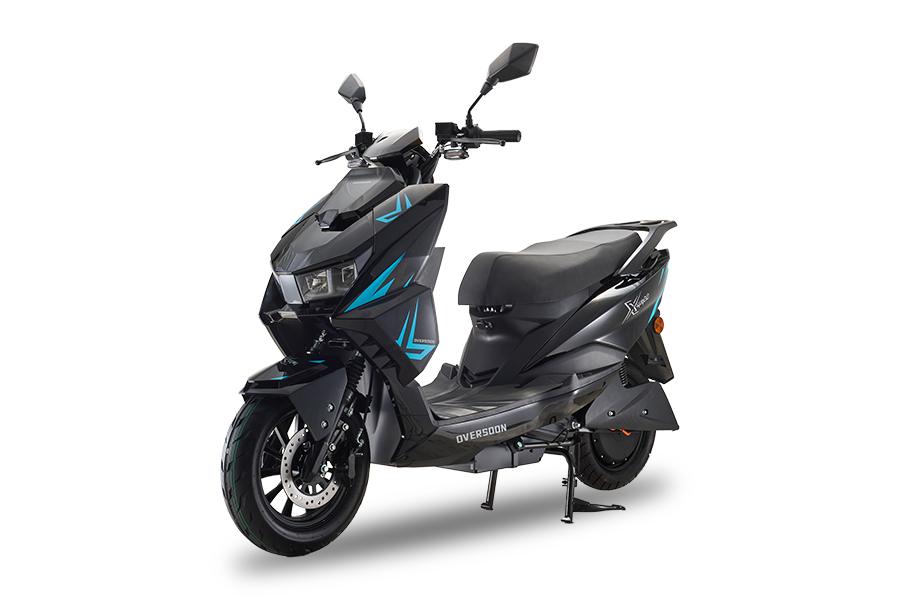As cities around the world continue to grapple with urbanization, air pollution, and traffic congestion, the need for sustainable transportation solutions has never been greater. Electric scooters, once seen as a novelty, are rapidly becoming a key component in the sustainable mobility landscape. These eco-friendly vehicles are transforming urban travel by offering a cleaner, more efficient, and affordable alternative to traditional modes of transport. With the shift towards electric scooters, cities are not only helping to reduce carbon footprints but also creating more accessible and efficient urban environments.
The Rise of Electric Scooters in Urban Mobility
In recent years, electric scooters have surged in popularity, especially in densely populated cities. Initially introduced as a fun, recreational mode of transport, electric scooters have become a serious contender in the urban mobility ecosystem. Cities with heavy traffic and limited parking are now embracing these vehicles as a solution to everyday commuting challenges. Electric scooters are lightweight, easy to use, and offer a practical way to navigate through crowded streets, making them a preferred choice for short-distance travel.
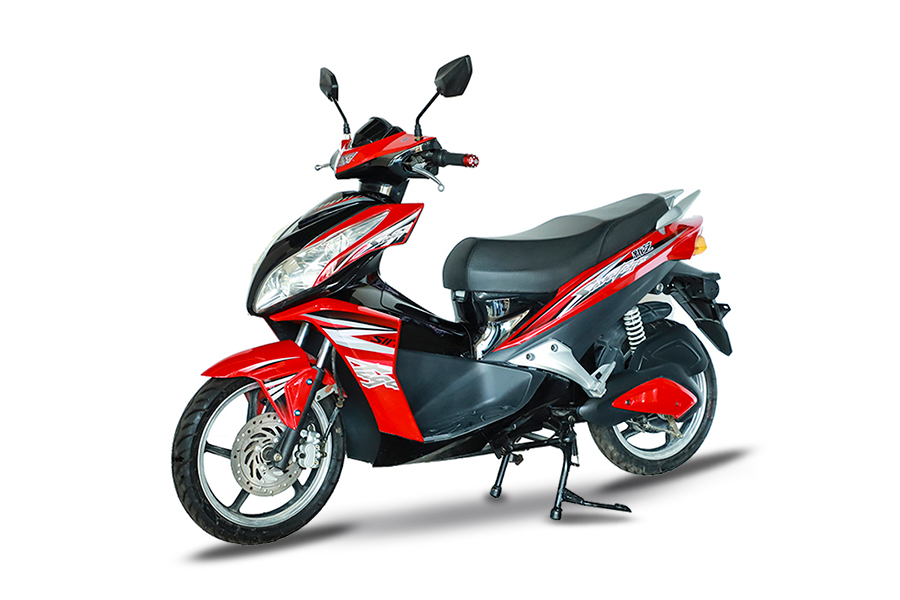
The rise of shared electric scooter programs, where users can rent scooters through mobile apps, has made these vehicles more accessible to the public. These programs have contributed to the exponential growth in scooter usage in major cities worldwide, from San Francisco and Paris to Beijing and Sydney. The ability to rent a scooter for short trips or daily commutes makes electric scooters an affordable, convenient, and sustainable alternative to owning a car or relying on public transportation.
Environmental Benefits: A Cleaner, Greener Alternative
One of the compelling reasons to embrace electric scooters is their environmental benefits. With the growing urgency to tackle climate change, reducing the carbon footprint of transportation is a top priority for cities and governments. Transportation is one of the largest contributors to greenhouse gas emissions, with cars and other fossil-fuel-powered vehicles accounting for a significant portion of urban pollution. Electric scooters, by contrast, produce zero emissions, making them an ideal solution for reducing the environmental impact of urban travel.
Electric scooters are powered by rechargeable batteries, which significantly reduce reliance on gasoline and other fossil fuels. This makes them a cleaner and more sustainable option, especially in cities that are striving to meet their climate goals. With more cities adopting electric scooter-sharing programs, the cumulative environmental impact of these vehicles is substantial. A growing number of cities are also taking steps to encourage the use of electric scooters by expanding infrastructure such as dedicated scooter lanes and parking zones.
The increased use of renewable energy to charge electric scooters further enhances their sustainability. Many scooter-sharing companies are working to power their fleets using green energy sources such as solar and wind power. As cities continue to invest in renewable energy infrastructure, the overall environmental impact of electric scooters will become even more positive.
Reducing Traffic Congestion and Improving Mobility
Traffic congestion is one of the persistent challenges facing urban areas today. Cities with heavy traffic are often plagued by long commute times, gridlock, and frustration. Electric scooters are offering a solution to this issue by providing a faster and more efficient way to get around.
Electric scooters are highly maneuverable and can be used to bypass traffic jams or navigate through narrow streets and bike lanes. In cities with dense traffic, this ability to “scoot” through gridlocked roads makes electric scooters an attractive option for commuters. Moreover, they allow users to avoid the stress of finding parking spaces—something that is a constant challenge in busy urban centers.
For those living in areas with limited access to public transportation, electric scooters provide a reliable mode of transport for short trips, reducing the need for cars. By offering a more efficient way to travel, electric scooters help reduce congestion on the roads and make cities more navigable for everyone, including pedestrians and cyclists.
Cost-Effectiveness: A Smart Financial Move for Urban Commuters
In addition to being environmentally friendly, electric scooters are also an affordable transportation option. The cost of owning and maintaining a car can be a significant financial burden for many people, particularly in urban areas where parking is expensive, and insurance costs are high. Electric scooters offer a much lower-cost alternative for short-distance commutes.

 English
English Español
Español